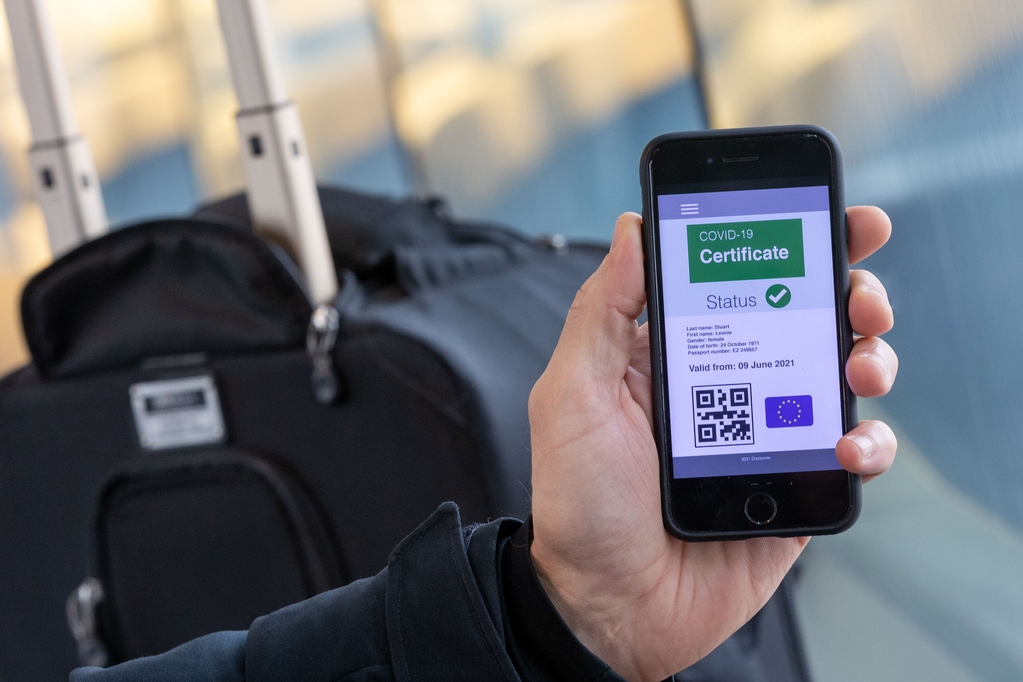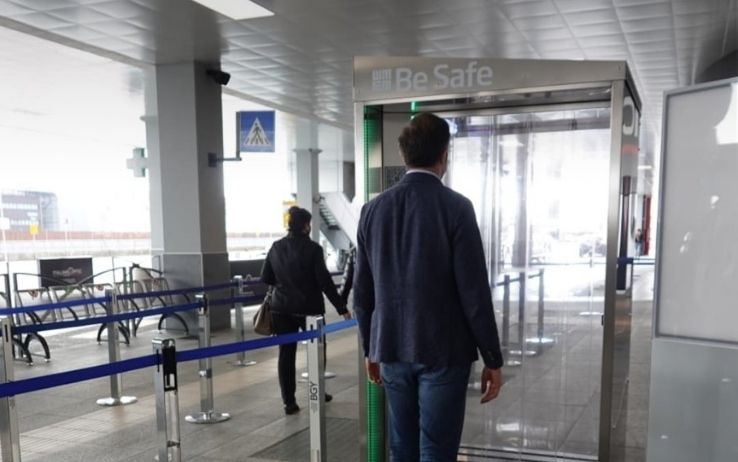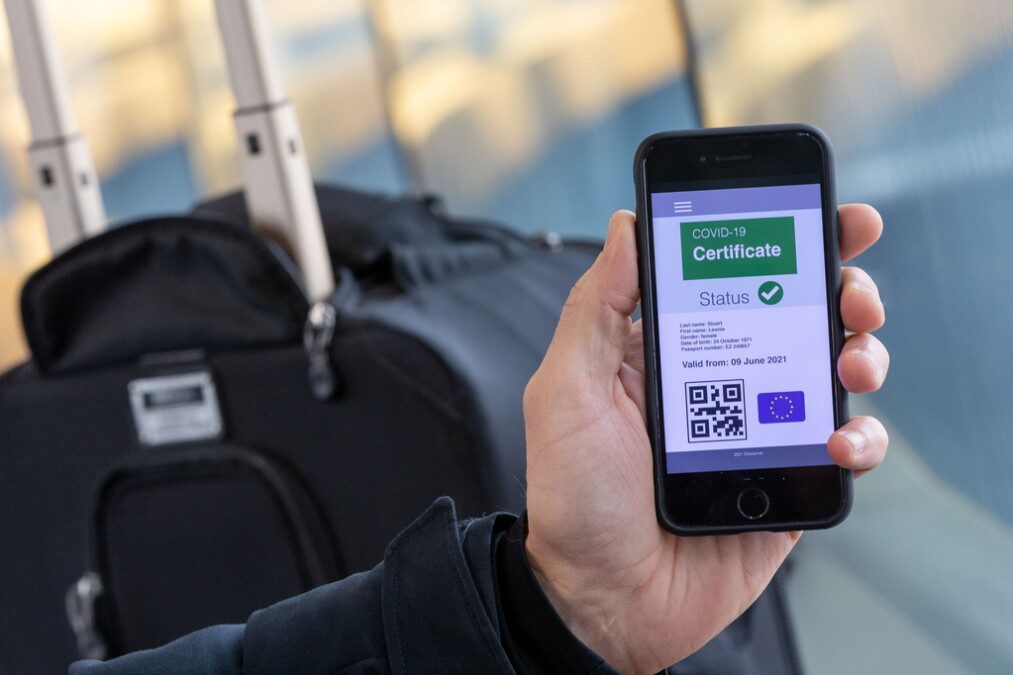Green Pass, platform active: from July 1, travel without bans
After months of analysis and discussion, the platform for the EU-wide Green Pass is officially active. The [...]
After months of analysis and discussion, the platform for the Green Pass throughout the European Union. The regulations for adoption Will go into effect as of July 1 and will help resume free and safe travel in the EU. It will last nine months for those vaccinated, six for those cured of the virus.
In this article:

Photo Multimedia Centre European Parliament
The platform for obtaining the Green Pass
The birth of the platform was announced on June 1 with the opening of its gateway. This is the technical infrastructure that will be used for secure and privacy-friendly certificate verification. The gateway makes it possible to verify the security elements contained in the QR codes of certificates. In this way both citizens and European authorities, can be certain of their authenticity. The European Commission also stressed that no personal data will be exchanged or stored during this process. As of July 1, the regulation on Green pass will go into effect. Member states will still have a six-week transition period to begin issuing certificates.
EU's Covid digital certificate is free of charge and will be issued by all member states. It will have to be accepted throughout Europe and will contribute to the phasing out of restrictions. The regulation for the Green Pass provides that member states will not be able to impose additional restrictions on movement on holders of a Covid certificate unless these restrictions are necessary and proportionate to the need for public health protection. The certificate will allow people to move around the EU for work, family and leisure purposes and will provide high data protection. The green pass will be issued by one's country and will be available in both paper and digital format in the form of a QR code. To obtain it, there are three possibilities:
- Covid vaccination
- recovery from coronavirus
- recent negative swab
The certificates will be valid and verifiable throughout the European Union, but the green pass will not be considered a travel document.

The European Union's Green Pass Regulation
Didier Reynders, European Commissioner for Justice, clarified at a press conference that "the regulation will enter into force on July 1, but the introduction starts now, the more certificates are issued in the coming weeks the more we will be able to avoid problems." "The European platform," the commissioner later recalled, "was introduced at the beginning of the month and already certificates are being issued in the member states, we are continuing to work with the Portuguese presidency on the recommendations. The regulation for the adoption of the Green pass throughout the European Union stipulates that the document will become valid "Fourteen days after the last dose" of anti-Covid vaccine: the second for AstraZeneca, Pfizer/BioNTech and Moderna, the first and only for Janssen (J&J). This should also cover cured people who received a single dose of a 2-dose vaccine.
In case a member state accepts a vaccination test to remove restrictions on free movement after the first dose, then it must also accept EU vaccine passes under the same conditions. Moreover, if a country wants to be "more flexible" than the recommendation, "it can do so." However, the flexibility must apply to everyone and cannot be limited to the citizens of that particular country. Italy, for example, has decided that its national pass is valid from the 15th day after the first dose. This rule should apply not only to Italians but also to foreigners coming into the country.
For those cured of infection, moreover, the pass is expected to last 180 days starting with a positive molecular test. Those who are not vaccinated or do not have antibodies or still too much time has elapsed of the disease or since the administration will have to take a swab instead: molecular ones could be valid for 72 hours, and rapid ones 48 hours.
The states where the Green Pass will be valid
Bulgaria, Czech Republic, Denmark, Germany, Poland, Lithuania, Greece, Croatia and Spain have structured the pass by connecting to the EU platform. The pass will also be valid in Switzerland, Iceland, Norway, and Liechtenstein. Italy is not yet connected to the network, but only a few details are missing to enable the Italian database to communicate with those of other EU countries.
- 6,000 Mile Registration Bonus
- Collect miles WITH EACH PURCHASE
- Your miles with no expiration*
- No fees for ATM withdrawals and foreign purchases
- Without having to change banks
- Autonomous card activation
- Multi-function mobile application
- Free travel insurance
- Free credit for up to 7 weeks
- Contactless Payment
- Mastercard® SecureCode



